O Captain My Captain
O Captain my Captain! our fearful trip is done,
The ship has weathered every rack, the prize we sought is won,
The port is near, the bells I hear, the people all exulting,
While follow eyes the steady keel, the vessel grim and daring;
But O heart! heart! heart!
O the bleeding drops of red,
Where on the deck my Captain lies,
Fallen cold and dead.
O Captain! my Captain! rise up and hear the bells;
Rise up–for you the flag is flung for you the bugle trills,
For you bouquets and ribboned wreaths for you the shores a-crowding,
For you they call, the swaying mass, their eager faces turning;
Here Captain! dear father!
This arm beneath your head!
It is some dream that on the deck,
You’ve fallen cold and dead.
My Captain does not answer, his lips are pale and still;
My father does not feel my arm, he has no pulse nor will;
The ship is anchored safe and sound, its voyage closed and done;
From fearful trip the victor ship comes in with object won;
Exult O shores, and ring O bells!
But I, with mournful tread,
Walk the deck my Captain lies,
Fallen cold and dead.
Editor’s Note
Thanks for stopping by and reading Whitman’s poem. It’s always been one of my favorites. The poem’s tone and repetitions are moving, and to know that it is set right after the Civil War and about the death of Lincoln is even more moving. One of the first exposures I got to this poem was in “The Dead Poets Society” when Robin Williams tells his students to call him captain. Being young, I went and read the poem and did a deep dive into its meaning. After that, I was a forever fan of Whitman. I hope you enjoyed the poem, and below you will find my breakdown and context for this poem.
The Extended Metaphor: A Nation’s Loss
When I first realized that “O Captain! My Captain!” was Whitman’s elegy for Abraham Lincoln, the poem took on an entirely new dimension for me. The extended metaphor runs beautifully throughout the piece – Lincoln is the Captain who has guided the ship (the United States) through the treacherous waters of the Civil War. The “fearful trip” represents the four bloody years of conflict, and the “prize we sought” symbolizes the preservation of the Union.
What strikes me most powerfully is the contrast Whitman creates between the celebration of victory and the profound personal loss. While the nation rejoices with “bells,” “flags,” and “bugle trills,” the narrator (representing Whitman himself and perhaps all those who loved Lincoln) experiences an intimate grief. The repetition of “fallen cold and dead” at the end of each stanza serves as a haunting reminder that even as the nation achieved its objective, it lost its greatest leader at the moment of triumph.
The image of Lincoln as “dear father” is particularly moving when you consider that Whitman, like many Americans, viewed Lincoln as a paternal figure who held the fractured nation together through its darkest hour. This poem captures that unique historical moment when national celebration collided with national mourning in April 1865.
Literary Analysis: Structure and Technique
What fascinates me about “O Captain! My Captain!” is how it stands apart from much of Whitman’s other work. While he’s known for his free verse and sprawling lines in “Leaves of Grass,” this poem employs a more traditional structure with a consistent rhyme scheme and meter. I think this formal approach reflects the solemnity of the occasion – as if Whitman felt that only a more disciplined form could properly honor Lincoln.
The poem’s three stanzas follow a pattern where each begins with celebration and ends with the stark reality of death. This cyclical structure mimics the stages of grief, particularly denial. In the first stanza, we see the initial shock; in the second, a desperate plea for the Captain to rise; and in the third, the reluctant acceptance of loss.
Whitman’s use of apostrophe – directly addressing the dead Captain who cannot respond – creates an intimate, one-sided conversation that heightens the emotional impact. The punctuation is also deliberately dramatic, with exclamation points capturing both celebration and despair.
The imagery shifts throughout the poem from the collective (“the people all exulting”) to the deeply personal (“Here Captain! dear father! This arm beneath your head!”). This movement from public to private grief feels authentic to me – how national tragedy is experienced both collectively and individually.
The final lines, with the speaker walking “with mournful tread” while everyone else celebrates, perfectly captures the isolation of grief. Even when surrounded by joy, the mourner remains apart, seeing only the absence where their loved one should be.
Why Writers Should Study This Poem
As a writer myself, I find “O Captain! My Captain!” to be an invaluable study in emotional resonance. What strikes me most is how Whitman achieves such profound emotional impact through restraint – something that’s not typically associated with his work. This poem demonstrates that even the most expansive, boundary-pushing writers can find power in traditional forms when the occasion demands it.
I think every writer can learn from how Whitman balances the personal and political here. He doesn’t lecture about Lincoln’s policies or significance; instead, he creates a deeply human moment of loss that speaks to anyone who has experienced grief. The specific historical context gives the poem weight, but the emotional core makes it universal.
The economy of language is also remarkable. In just 24 lines, Whitman creates a complete emotional journey. There’s not a wasted word – each line either advances the narrative or deepens the emotional landscape. As someone who tends to overwrite in early drafts, I return to this poem to remind myself of the power of precision.
Perhaps most importantly, this poem shows how literature can respond to historical moments without being didactic. Rather than telling us how to feel about Lincoln’s assassination, Whitman creates a space where we can experience the complex emotions of that moment. This indirect approach ultimately proves more powerful than any direct statement could be.
When I teach writing workshops, I often use this poem to demonstrate how metaphor can carry both narrative and emotion simultaneously. The ship, the captain, the journey – these elements work efficiently on multiple levels, creating layers of meaning that reward repeated readings.
About Walt Whitman: The Man Behind the Verse
Walt Whitman has always fascinated me as much for his life as for his poetry. Born on Long Island in 1819, he grew up in Brooklyn and became what I’d call America’s first literary revolutionary. Before becoming a poet, he worked as a printer, teacher, journalist, and even a carpenter – these diverse experiences with everyday Americans profoundly shaped his democratic vision.
What I love most about Whitman is his reinvention. In 1855, at age 36, he self-published the first edition of “Leaves of Grass” – a collection he would revise and expand throughout his life. The book was initially met with confusion and sometimes outrage for its free verse style and frank celebration of the body and sexuality, but Whitman kept refining his vision undeterred.
The Civil War transformed him. When his brother was wounded, Whitman traveled to Washington and ended up staying to work as a volunteer nurse in military hospitals. This intimate contact with suffering and death deepened his poetry immeasurably. His experiences tending to wounded soldiers from both North and South reinforced his belief in American unity – a unity shattered, then precariously restored.
After Lincoln’s assassination, Whitman, like many Americans, was devastated. Though he never met Lincoln personally, he had observed him numerous times in Washington and felt a profound connection to him. “O Captain! My Captain!” emerged from this grief, as did the more complex elegy “When Lilacs Last in the Dooryard Bloom’d.”
Whitman spent his final years in Camden, New Jersey, revising “Leaves of Grass” until his death in 1892. What moves me is how he remained true to his artistic vision despite limited recognition during his lifetime. He essentially invented American poetry as we know it today – free from European traditions, embracing the vernacular, celebrating the individual yet deeply communal. In my view, American literature is still catching up to what this revolutionary poet set in motion nearly two centuries ago.
Further Reading: Exploring Whitman’s World
If “O Captain! My Captain!” has captured your imagination like it did mine, here are some resources I’ve personally found valuable in my journey with Whitman:
- More Whitman on Lincoln – Check out “When Lilacs Last in the Dooryard Bloom’d,” Whitman’s other, more complex elegy for Lincoln. While “O Captain!” became famous for its accessibility, “Lilacs” reveals a deeper, more nuanced expression of grief.
- Historical Context – David S. Reynolds’ book “Lincoln’s Selected Writings” illuminates Whitman’s fascinating relationship to Lincoln. Though they never formally met, Whitman attended many of Lincoln’s speeches and developed an almost spiritual connection to him.
- Literary Influence – Ed Folsom’s “Walt Whitman’s Native Representations” explores how Whitman’s innovations created new pathways for generations of poets who followed, including Allen Ginsberg, Langston Hughes, and Pablo Neruda.
- Online Resources – The Poetry Foundation’s collection of essays on Whitman provides wonderful entry points into different aspects of his work, particularly how his experience as a Civil War nurse informed his writing.
- Audio Experience – Try experiencing Whitman through audio recordings. The Library of Congress has readings that reveal dimensions of his work that silent reading might miss. Hearing those rolling cadences often brings new appreciation.
- Broader Collection – “Leaves of Grass” in its various editions shows Whitman’s evolution as a poet. I’d recommend starting with the 1891-92 “deathbed edition” which represents his final vision for his life’s work.
- Biographical Insight – Justin Kaplan’s “Walt Whitman: A Life” offers a compelling portrait of the poet and helps contextualize how his personal experiences shaped his revolutionary approach to poetry.
Discussion Questions: Diving Deeper
- The Extended Metaphor: How does Whitman’s use of the ship metaphor enhance our understanding of both Lincoln’s leadership and his death? Do you think this metaphor was particularly effective for a nation processing collective trauma?
- Form vs. Content: This poem stands out from most of Whitman’s free verse style. Why do you think he chose a more traditional form for this particular elegy? How might the poem have been different if written in his usual style?
- Your Writing Experience: Have you ever attempted to write a poem with an extended metaphor like Whitman does here? What challenges did you face in sustaining the metaphor throughout your work? If you haven’t tried this technique, what event or emotion might you explore through an extended metaphor?
- Contemporary Relevance: In what ways does this poem speak to how we process national tragedies today? Do you see parallels between the divided America of Whitman’s time and our current cultural and political climate?
- Literary Influence: How has “O Captain! My Captain!” influenced popular culture beyond literature? Why do you think this particular poem has remained in the public consciousness when much of Whitman’s other work is less well-known outside literary circles?
I’d love to hear your thoughts on any of these questions in the comments section below! Which aspect of “O Captain! My Captain!” resonates most strongly with you? Share your perspective and let’s keep the conversation going.
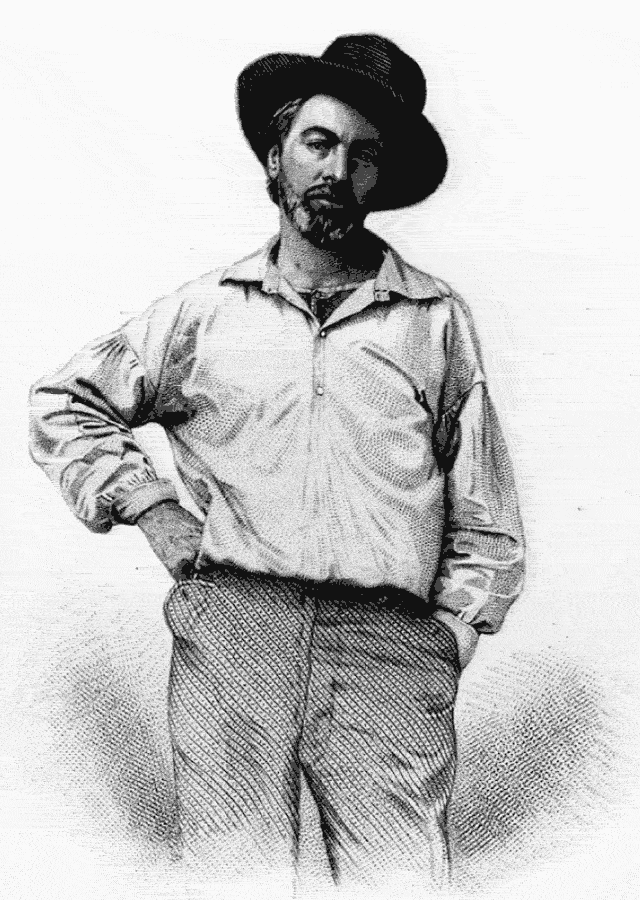
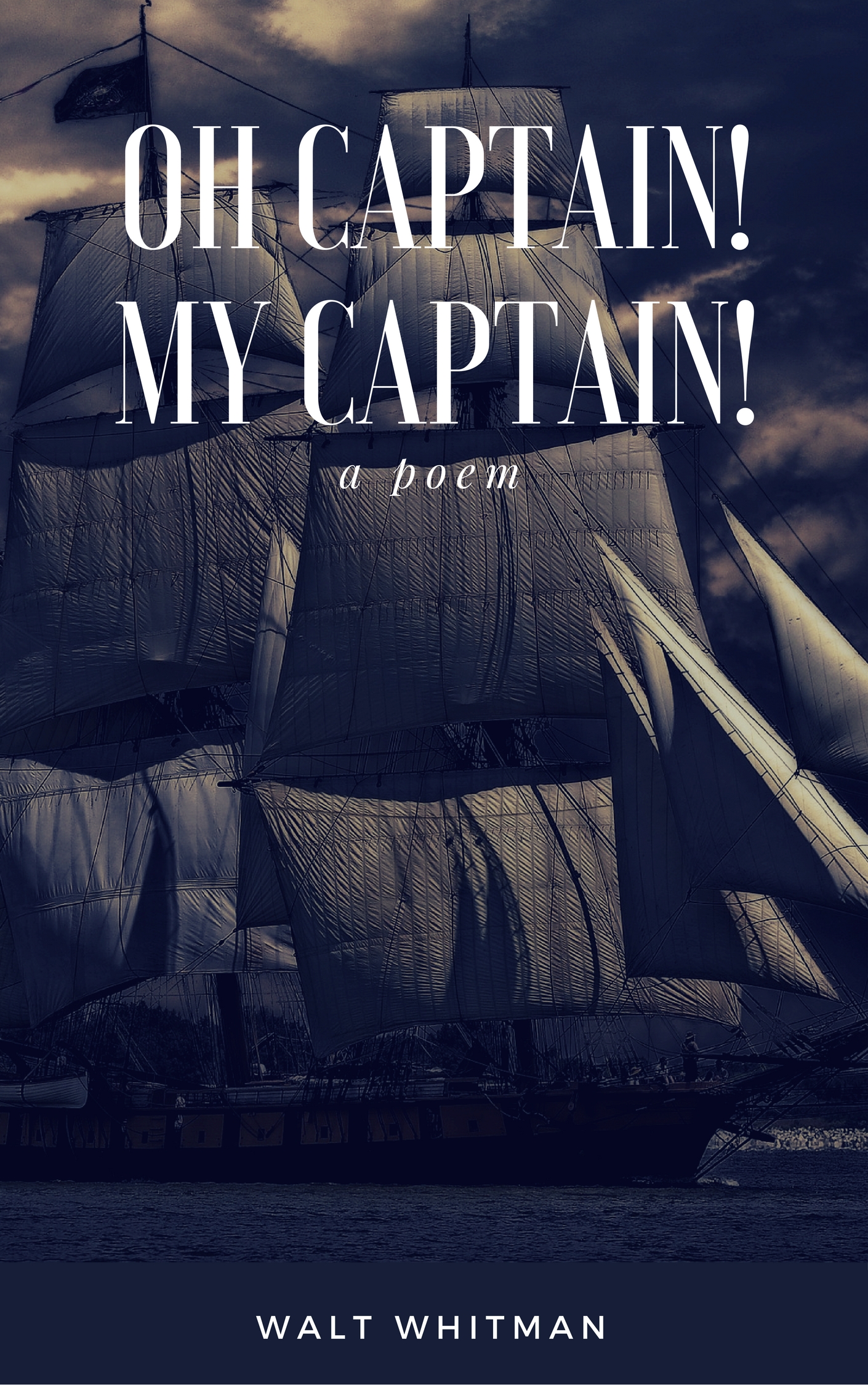
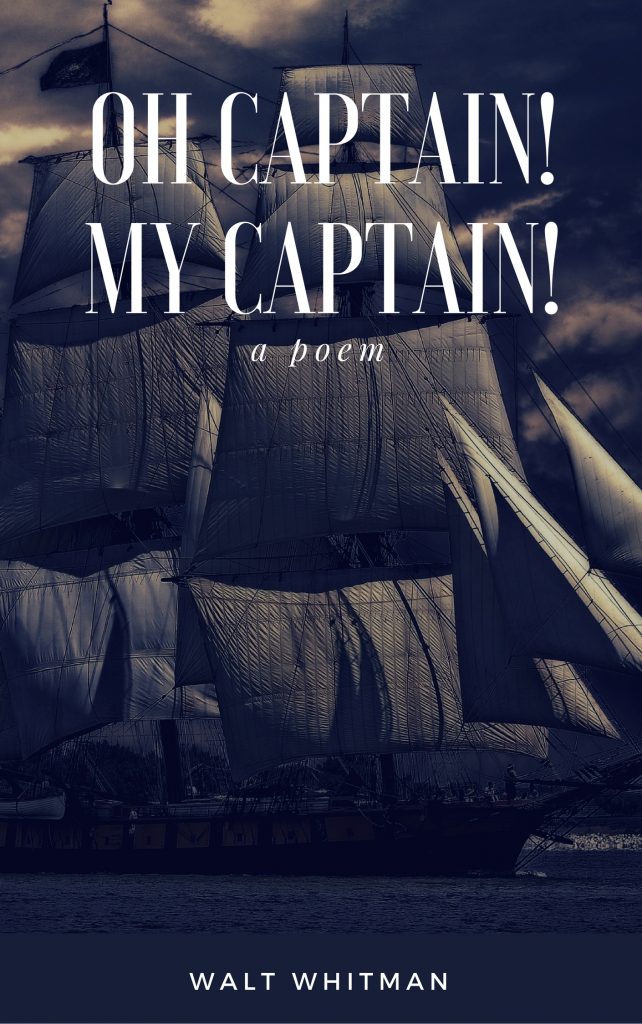
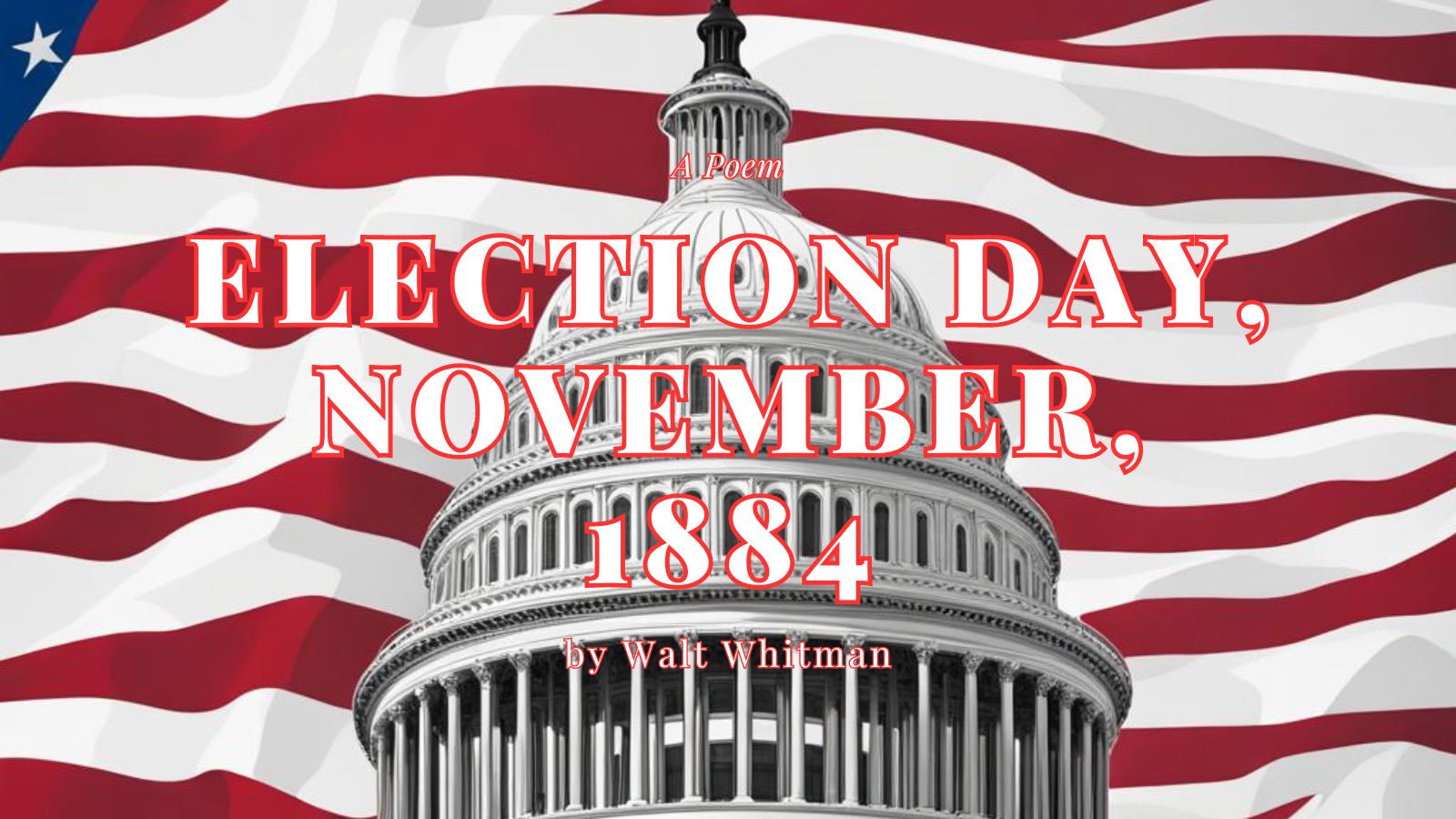
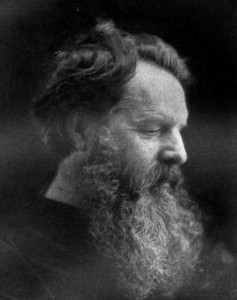

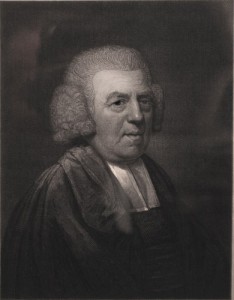
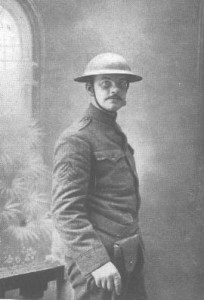
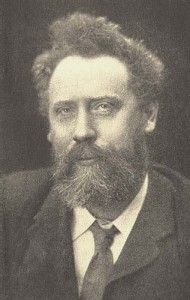

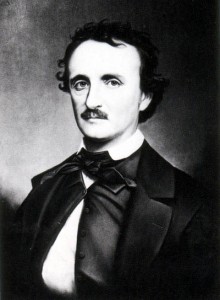
I’m a big Whitman fan! His work has influenced my poetry. I think historic poems like this are a great read for young poets. Whitman was a master.
Such interesting and informative information and a wonderful divergent to the world happenings today. Thank you !👍